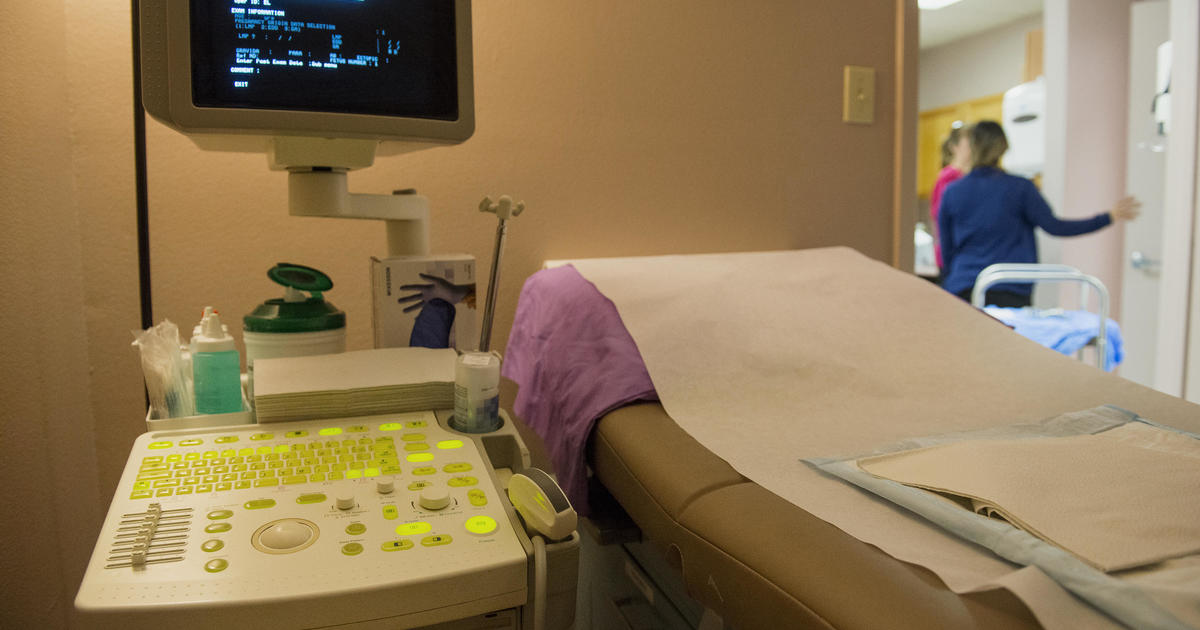Babies & Children Extremely Vulnerable This Flu Season
Follow CBSMIAMI.COM: Facebook | Twitter
MIAMI (CBSMiami) – The flu virus is spreading rapidly across the country causing more deaths and hospitalizations.
The Centers for Disease Control and Prevention reports the flu is now widespread in 46 states, nearly four times as many compared with this time last year.
Experts warn that young children are particularly vulnerable. One in roughly 10,000 children under the age of four have been hospitalized with the flu this season.
Eight-month-old Kingston Smith is one of them, with his mother, Shareeka, right by his side.
"About four days ago he started breathing hard, vomiting, having fever," she said. "So I drove here to the hospital and they said 'yes, we need to keep him.'"
The diagnosis can get gravely serious. Of the more than 100 people who have died from the flu so far this season, thirteen are children.
"Unfortunately, it can cause a lot of complications. Children can get severely sick, actually need to be in the ICU," explained Dr. Claire Bocchini, an infectious disease specialist.
Making the problem worse this season is the type of flu that is spreading. H3N2 tends to hit younger and older people harder than others.
"This is a bad bug," said Dr. Daniel Jernigan, director of the CDC's Influenza Division. "In years when there is H3N2, we do see that there are more deaths."
According to the CDC, children younger than five are at higher risk of developing serious flu-related complications — and babies under the age of two, even more so.
Adults age 65 and over are also at higher risk.
To help reduce the risk of catching or spreading the flu, health officials are encouraging frequent hand washing throughout the day.
The CDC also recommends the following tips to keep you and your family safe from the flu:
- Try to avoid close contact with sick people.
- While sick, limit contact with others as much as possible.
- If you are sick with flu-like illness, stay home for at least 24 hours after your fever is gone except to get medical care or for other necessities.
- Cover your nose and mouth with a tissue when you cough or sneeze. Throw the tissue in the trash after you use it.
- Wash your hands often with soap and water. If soap and water are not available, use an alcohol-based hand rub.
- Avoid touching your eyes, nose and mouth. Germs spread this way.
- Clean and disinfect surfaces and objects that may be contaminated with germs like the flu.



